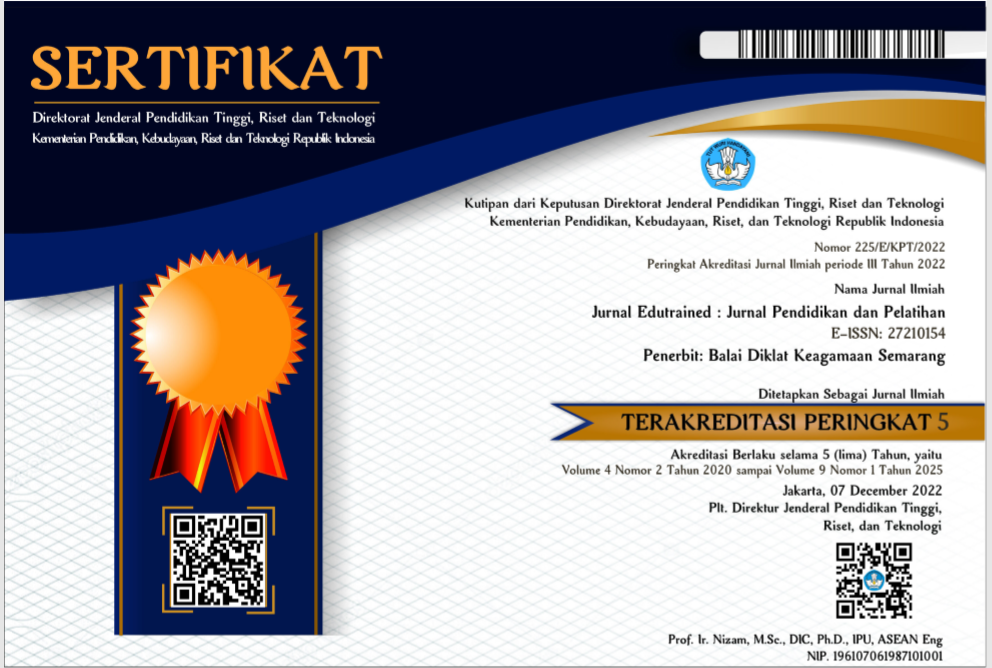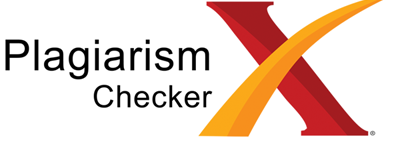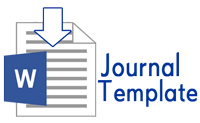Penyelarasan dan Penyebaran Pelajaran Bahasa Arab Universal di Lembaga Pendidikan Formal dan Pondok Pesantren di Indonesia
Abstract
Arabic language education across all levels, including primary, tertiary, and Islamic boarding schools, has progressed lately. However, a gap persists between institutional expectations and the practical realities due to students' insufficient proficiency in Arabic. Research aims to analyze this learning. 75-80% of students, including santri, pupils, and university attendees, lack Arabic comprehension. Employing qualitative methods, specifically a case study approach, the study involves ustadz, teachers, and students. Data analysis employs reduction, display, and verification. Findings show that the 4.0 revolution prompts educational institutions to enhance teachers' competencies. Both modern and conventional approaches aim for creative and innovative teaching. Modern-based research emphasizes improving muhadasah, covering fusohah balaghah. Researchers propose impactful, practical suggestions, aiding educators and presenting a modern learning model to meet the challenges of the 4.0 Revolution.









